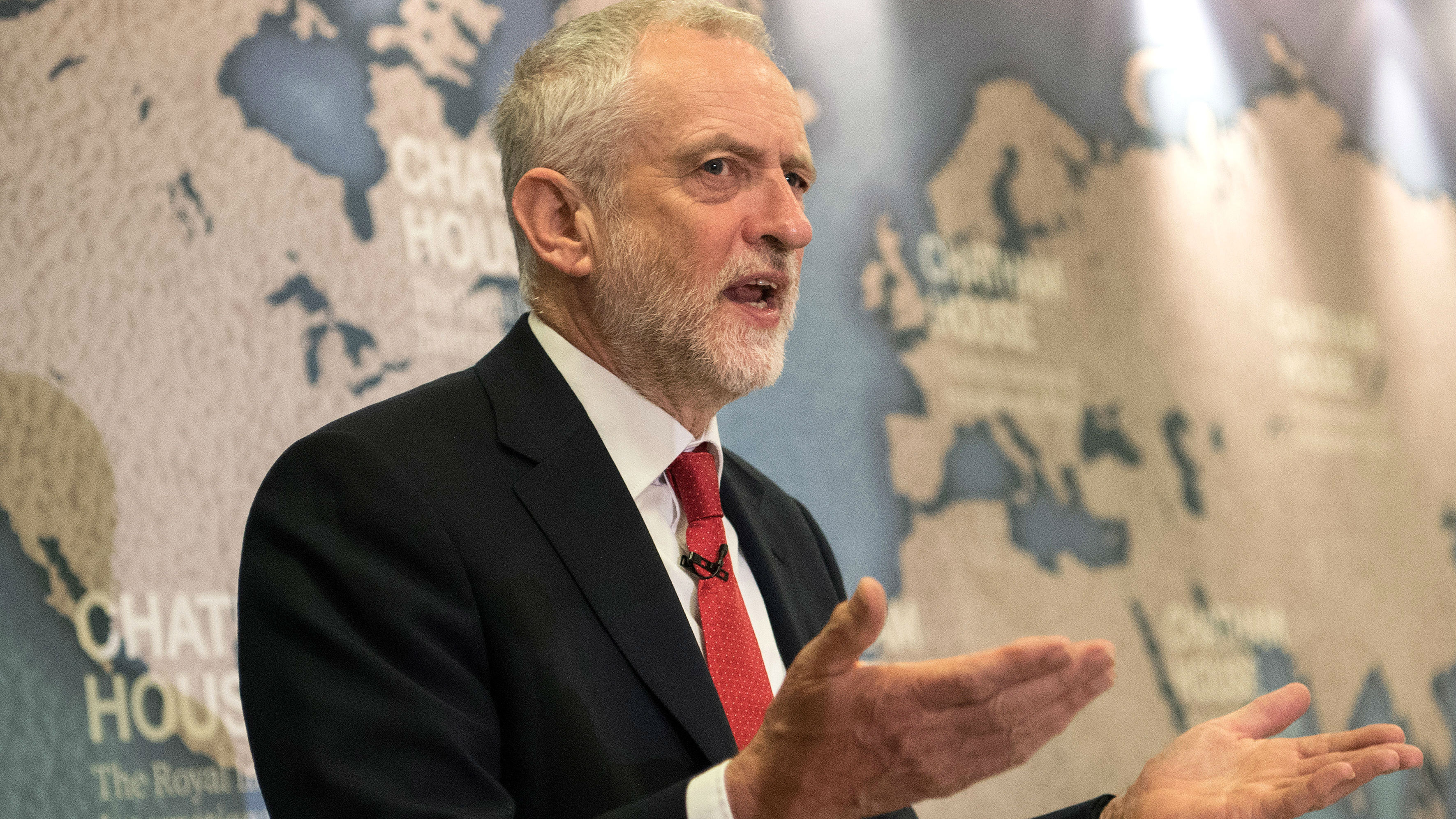Syria air strikes: Jeremy Corbyn calls for ‘war powers act’
Boris Johnson rebuffs Labour leader’s demand to see legal justification for strikes

A free daily email with the biggest news stories of the day – and the best features from TheWeek.com
You are now subscribed
Your newsletter sign-up was successful
Jeremy Corbyn yesterday called for a ‘war powers act’ to stop future prime ministers from committing the UK to acts of war without seeking parliamentary approval first. Boris Johnson, meanwhile, said the air strikes on Syria had showed Assad “enough is enough”.
The Labour leader and the Foreign Secretary appeared side-by-side on the BBC’s Andrew Marr Show to discuss the US-led air strikes, which took place on Saturday. The RAF took part, as did the French air force.
Corbyn told Marr that Parliament should have had a say in the strikes, saying Theresa May “could quite easily have done that”, despite her assertion that the strikes had to go ahead without warning to be effective.
The Week
Escape your echo chamber. Get the facts behind the news, plus analysis from multiple perspectives.

Sign up for The Week's Free Newsletters
From our morning news briefing to a weekly Good News Newsletter, get the best of The Week delivered directly to your inbox.
From our morning news briefing to a weekly Good News Newsletter, get the best of The Week delivered directly to your inbox.
The pacifist Labour leader, who has consistently opposed UK military action throughout his 35-year career, called for new laws to make sure MPs get to vote on any future acts of war.
“What we need in this country is something more robust, like a war powers act, so that governments do get held to account by parliament for what they do in our name,” he said.
Sitting beside Corbyn, Johnson said the strikes were a way of punishing the Syrian government for the use of chemical weapons, while insisting that they were not intended to bring about regime change and would not “turn the tide” of the country’s vicious civil war.
“The rest of the Syrian war must proceed as it will [because the] primary purpose is to say no to the use of barbaric chemical weapons,” he said.
A free daily email with the biggest news stories of the day – and the best features from TheWeek.com
When Corbyn again demanded that the Government publish the legal basis for the attack, Johnson side-stepped the issue, saying: “There’s one overwhelming reason why this was the right thing to do and that is to deter the use of chemical weapons, not just by the Assad regime but around the world.
“Finally, the world has said, enough is enough.”